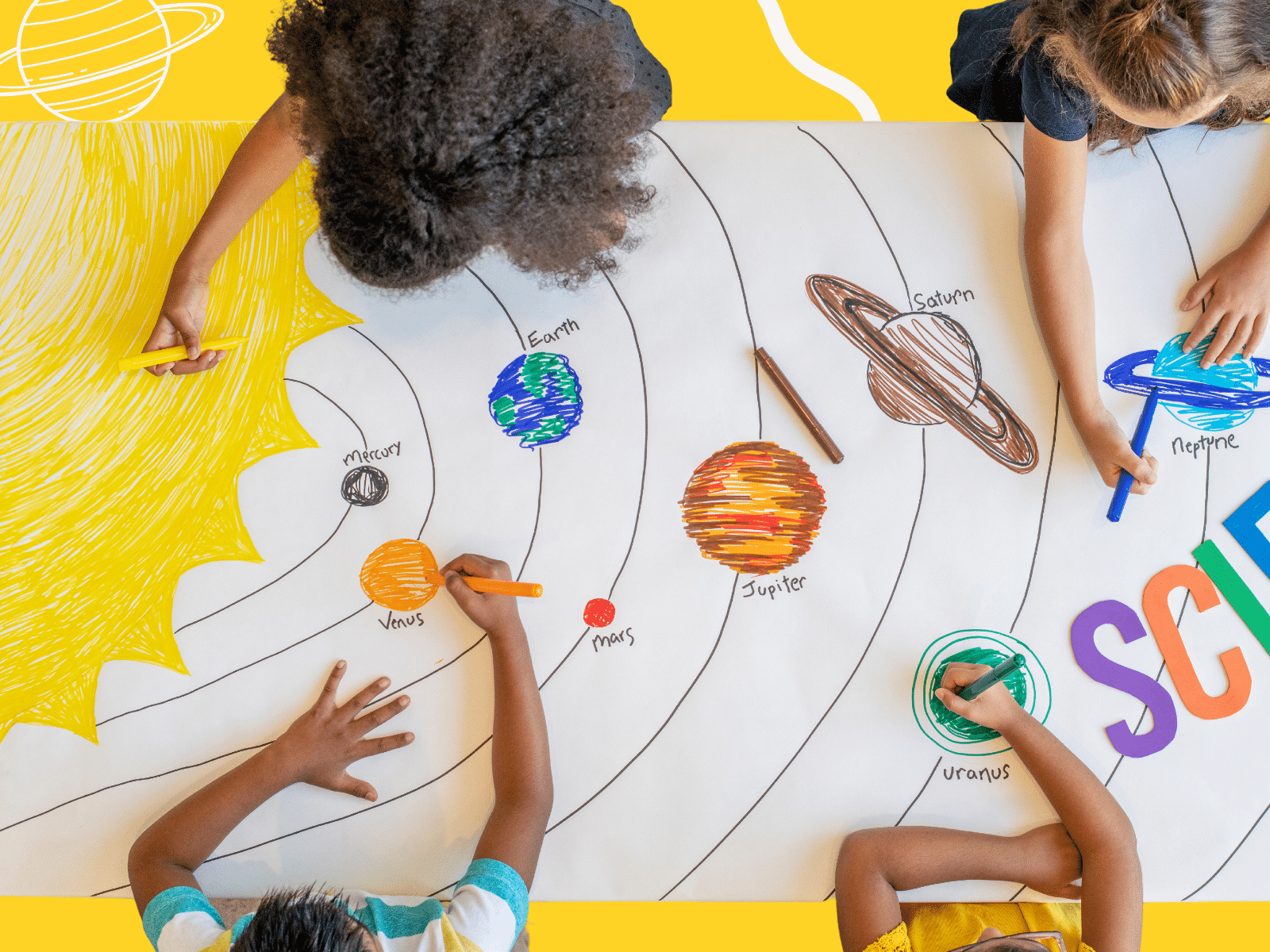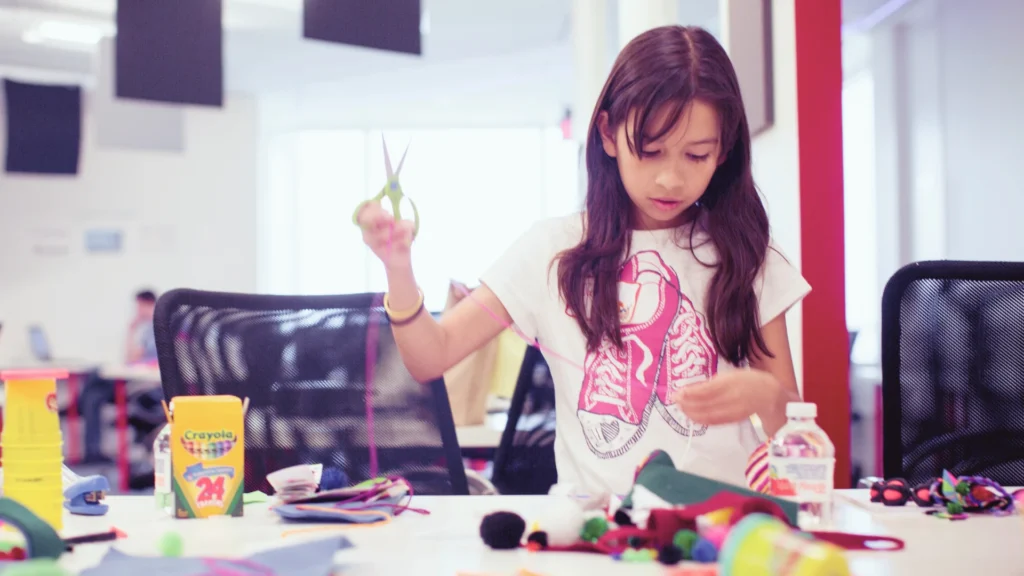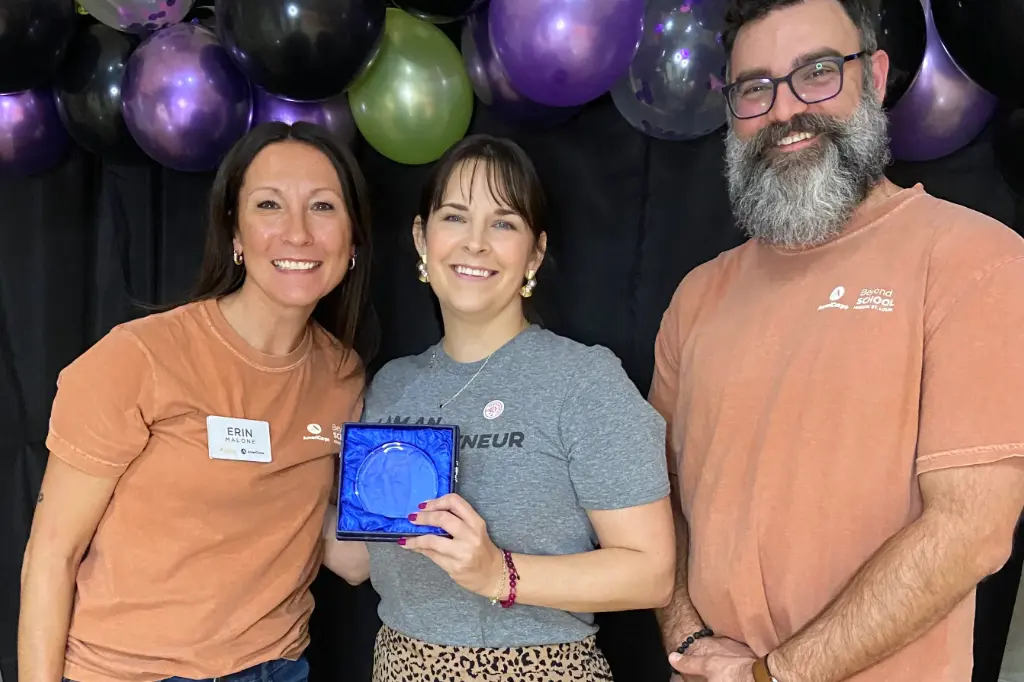
The VentureLab Difference: ESTEAM
Dr. Cristal Glangchai |
August 18, 2017

What makes VentureLab different?
The VentureLab difference is that our entrepreneurship curriculum draws from STEM and the arts to enhance student learning. It’s based on the ESTEAM framework that incorporates Science, Technology, Engineering, Arts and Mathematics under the umbrella of Entrepreneurship.
We believe innovation and discovery happens at the intersection of multiple disciplines.
Having a strong foundation in the arts enables young people to become more creative, motivated, and focused. Arts programs have also been found to improve students’ ability to work in teams and to think critically. Research shows that excelling in the arts often correlates with greater success within other disciplines. Our ESTEAM framework introduces STEM concepts in a way that makes them more relatable, especially to girls and younger audiences. By learning important STEM skills as part of our entrepreneurship education programs, students get a plethora of opportunities for applying those subjects in fun and tangible ways.
Take the process of prototyping, for example. A student is working hands-on to bring the first iteration of her product to life. Her engineering and arts brain is being activated and driven by an entrepreneurial spirit. Through market research, she has identified that the product she is building can improve someone’s life, motivating her to overcome any “builder’s block” she might encounter along the way.
Our current education system teaches STEM concepts, but we need more creative ways to teach kids how to apply their learning. That’s where entrepreneurship education comes in.
In the case of technology, it is great to know and understand it, but it is more important to learn how to apply it in a real world context. Thinking about how to use technology to create products or services that benefit society can increase students’ desire to learn how to harness it for good. For students, and especially girls, entrepreneurship can be an important entryway into these high-growth subjects.
Our curriculum allows youth to take what they learn in their classes and apply them to real-world problems or needs that they see. By learning entrepreneurial skills, youth gain the ability to shape and realize their future and with this entrepreneurial mindset, they can participate and thrive in our current global economy.



